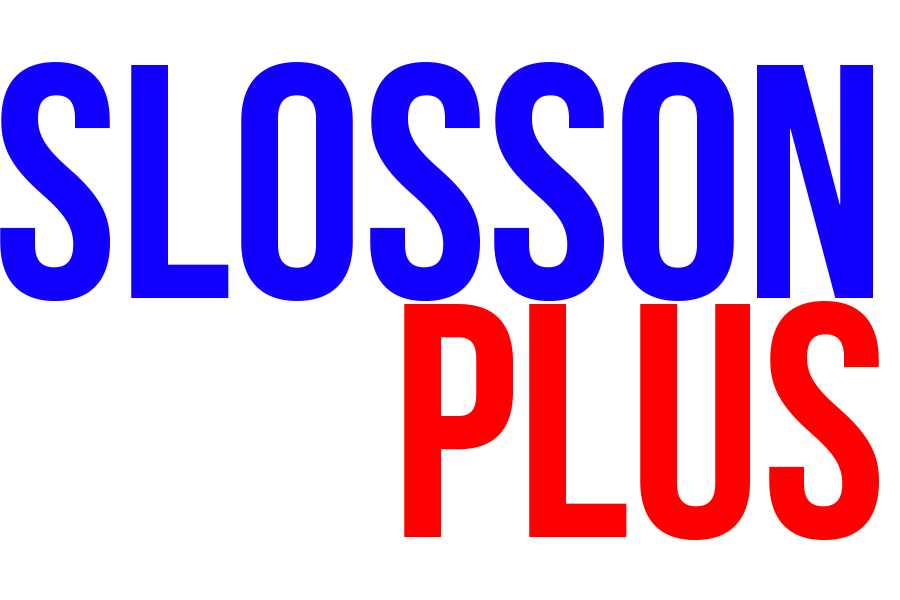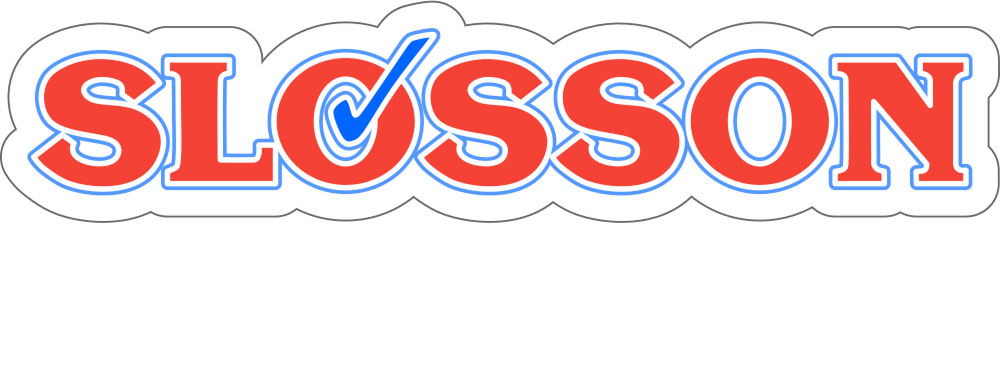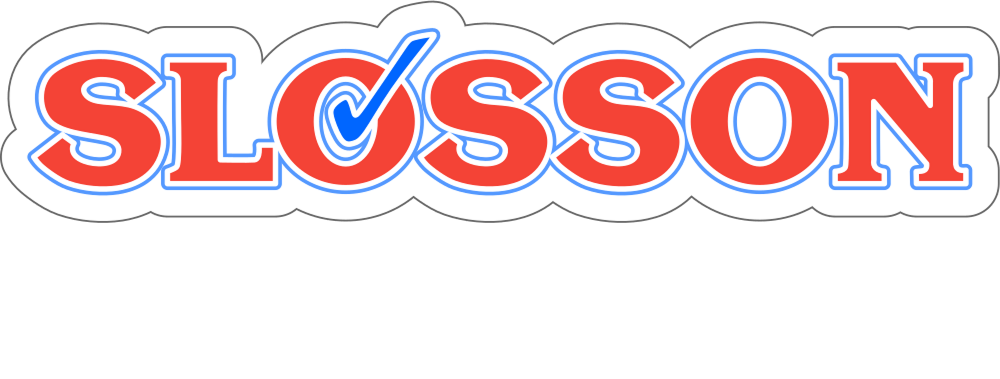Special Ed / Special Needs / Dyslexia
We provide a wide range of helpful products to assist educators, psychologists, counselors, and more.
Aberrant Behavior Checklist - Second Edition (ABC-2)
The Aberrant Behavior Checklist Second (ABC-2) s a symptom checklist for assessing problem behaviors of children and adults with developmental disabilities. Problematic behavior can be assessed at home, in educational and work settings, and in residential and community-based facilities. 58 specific symptoms are rated and an extensive manual provides comprehensive descriptions for each assessed behavior. The checklist can be completed by parents, special educators, psychologists, direct caregivers, nurse and others with good knowledge of the person being assessed.
PDD Behavior Inventory (PDBBI)
This informant-based rating scale is designed to assist in the assessment of children who have been diagnosed with autism spectrum disorder (ASD). Unlike existing assessments for ASD, the PDDBI was developed to assess both problem behaviors as well as appropriate social, language, and learning/memory skills. Age-standardized scores for parent and teacher rating are provided. The standard set of items is appropriate if the primary concerns are specifically related to autism (e.g., whether treatment is specifically affecting targeted behaviors).
School Social Skills (S³)
The S³ is designed to assist school personnel, specially classroom teachers in identifying student deficits in school-related social behaviors. The 40 items covered in the S³ include: Adult Relations, Peer Relations, School Rules and Classroom Behaviors. The S³ is a criterion-referenced instrument that yields knowledge of a student's social strengths and deficiencies.
Social Responsiveness Scale - Second Edition (SRS-2)
Completed in just 15 to 20 minutes, the SRS-2 identifies social impairment associated with autism spectrum disorder (ASD) and quantifies its severity. Sensitive enough to detect even subtle symptoms but specific enough to differentiate clinical groups, the SRS-2 can be used to monitor symptoms throughout the life span. This assessment allows you to assess social impairment in natural settings - teachers, parents, and others are asked to rate symptoms that they've noticed over time at home, in the classroom, or elsewhere. Raters evaluate symptoms using a quantitative scale representing a range of severity. In addition to a total score reflecting severity of social deficits in the autism spectrum, five treatment subscale scores are provides: Social Awareness, Social Cognition, Social Communication, Social Motivation, Restricted Interests and Repetitive Behavior.
Childhood Autism Rating Scale™, Second Edition (CARS-2)
Since its original publication, the CARS has become one of the most widely used and empirically validated autism assessments. It has proven especially effective in discriminating between children with autism and those with severe cognitive deficits, and in distinguishing mild-to-moderate from severe autism. The revised second edition expands the test's clinical value, making it more responsive to individuals on the "high-functioning" end of the autism spectrum - those with average or higher IQ scores, better verbal skills, and more subtle social and behavioral deficits. While retaining the simplicity, brevity, and clarity of the original test, the CARS2 adds forms and features that help you integrate diagnostic information, determine functional capabilities, provide feedback to parents, and design targeted intervention.
Remediation of Reversals - Revised (RR)
With the Sensory Processing Measure (SPM), you can now get a complete picture of children's sensory functioning at home, at school, and in the community. Recognizing the sensory processing problems often manifest differently in different environments, this set of three integrated rating scales assesses sensory processing, praxis, and social participation in elementary school children. The assessment's unique multienvironment approach lets you see, for example, why a child who functions well in a highly structured classroom may have problems in a more relaxed setting.
Conners Third Edition (Conners 3)
The Conners 3 is the result of four years of extensive product research and development. School psychologists, clinicians, psychiatrists, pediatricians, child protection agencies, and mental health workers can count on the Conners 3 to be a reliable and dependable tool capable of supporting them in the diagnostic and identification process. The Conners 3 now addresses comorbid disorders such as Oppositional Defiant Disorder and Conduct Disorder. Each parent, teacher, and self-report form is available in full-length and short versions. The full-length versions provides more comprehensive results, and is recommended for both initial evaluations and comprehensive re-evaluations.
Conners Early Childhood (Conners EC)
The Conners EC is an innovative psychological instrument designed to assess the concerns of parents and teachers/childcare providers about preschool-ages children. Child psychologists, clinicians, pediatricians, and child psychiatrists can rely on the Conners EC to help identify when early intervention is required for various childhood problems. This instrument aids in the early identification of behavioral, social, and emotional problems. The Conners EC also assists in measuring whether or not a child is appropriately meeting major developmental milestones.
Disruptive Behavior Rating Scale (DBRS)
A brief and very effective 50 item inventory, the DBRS identifies common behavior problems such as attention deficit disorder, attention deficit disorder with hyperactivity, oppositional disorders, and anti-social conduct problems. Unlike other rating scales, the wording of the teacher and parent versions is nearly identical, allowing legitimate comparisons between their responses. Scale items were specifically written to allow direct teacher transfer to behavior-modification plans, IEPs or 504 plans.
PCI Life Skills Games for Today's World (PCI-LS)
PCI Life Skills Series for Today's World is an updated series of board games based on the best-selling PCI Life Skill Series games. The ten board games in this series focus on meaningful, contemporary life skills while promoting independences, socialization, and positive behavior skills. Proven to be effective for students with intellectual and developmental disabilities, these games also help students learn how to act as school, at home, and in the community. The ten games correspond to the Let's Talk About Life Skills Series, which can be used for additional practice and review.
Autism Screening Instrument for Educational Planning - Third Edition (ASIEP-3)
This individually administered instrument helps professionals evaluate children with autism and develop appropriate instructional plans. It can also be used for differential diagnosis, as it distinguishes youngsters with autism from those with other severe handicaps.
Fundamentals of Autism (FA)
The Fundamentals of Autism Handbook and two accompanying checklists (Fundamentals of Autism Checklist for Parent/Home Settings and for School/Educational/Treatment Settings) provides a quick, user-friendly, effective and accurate approach to help in identifying and developing educationally related program objectives for the child diagnosed as Autistic. The checklists are specifically designed to first identify behavioral areas of concern typically associated with Autism. Then the Fundamentals of Autism Handbook can be used to provide suggested objective and goal oriented remedial approaches for each listed behavioral area of concern.
Adaptive Behavior Diagnostic Scale (ABDS)
The Adaptive Behavior Diagnostic Scale (ABDS) is an interview-based rating scale that assesses the adaptive behavior of individuals between the ages of 2 through 21 years. The primary function of the ABDS is to establish the presence and the magnitude of adaptive behavior deficits. The ABDS scores are compatible with state and federal special education classification systems and consistent with DSM-V and American Association on Intellectual and Developmental Disorders (AAIDD) definitions of intellectual disability. The ABDS may be used to assess the adaptive behavior or individuals with or suspected of having intellectual disability, autism spectrum disorder, learning disabilities, mental or behavior health condition or other similar concerns.






